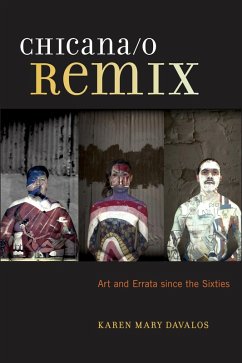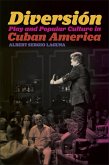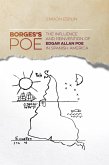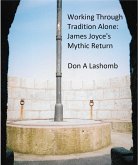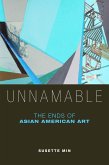Rewrites our understanding of the last 50 years of Chicana/o cultural production.
Chicana/o Remix casts new light not only on artistssuch as Sandra de la Loza, Judy Baca, and David Botello, among othersbut on the exhibitions that feature their work, and the collectors, curators, critics, and advocates who engage it.
Combining feminist theory, critical ethnic studies, art historical analysis, and extensive archival and field research, Karen Mary Davalos argues that narrow notions of identity, politics, and aesthetics limit our ability to understand the full capacities of Chicana/o art. She employs fresh vernacular concepts such as the errata exhibit, or the staging of exhibits that critically question mainstream art museums, and the remix, or the act of bringing new narratives and forgotten histories from the background and into the foreground. These concepts, which emerge out of art practice itself, drive her analysis and reinforce the rejection of familiar narratives that evaluate Chicana/o art in simplistic, traditional terms, such as political versus commercial, or realist versus conceptual.
Throughout Chicana/o Remix, Davalos explores undocumented or previously ignored information about artists, their cultural production, and the exhibitions and collections that feature their work. Each chapter exposes and challenges conventions in art history and Chicana/o studies, documenting how Chicana artists were the first to critically challenge exhibitions of Chicana/o art, tracing the origins of the first Chicano arts organizations, and highlighting the influence of Europe and Asia on Chicana/o artists who traveled abroad. As a leading scholar in the study of Chicana/o artists, art spaces, and exhibition practices, Davalos presents her most ambitious project to date in this re-examination of fifty years of Chicana/o art production.
Chicana/o Remix casts new light not only on artistssuch as Sandra de la Loza, Judy Baca, and David Botello, among othersbut on the exhibitions that feature their work, and the collectors, curators, critics, and advocates who engage it.
Combining feminist theory, critical ethnic studies, art historical analysis, and extensive archival and field research, Karen Mary Davalos argues that narrow notions of identity, politics, and aesthetics limit our ability to understand the full capacities of Chicana/o art. She employs fresh vernacular concepts such as the errata exhibit, or the staging of exhibits that critically question mainstream art museums, and the remix, or the act of bringing new narratives and forgotten histories from the background and into the foreground. These concepts, which emerge out of art practice itself, drive her analysis and reinforce the rejection of familiar narratives that evaluate Chicana/o art in simplistic, traditional terms, such as political versus commercial, or realist versus conceptual.
Throughout Chicana/o Remix, Davalos explores undocumented or previously ignored information about artists, their cultural production, and the exhibitions and collections that feature their work. Each chapter exposes and challenges conventions in art history and Chicana/o studies, documenting how Chicana artists were the first to critically challenge exhibitions of Chicana/o art, tracing the origins of the first Chicano arts organizations, and highlighting the influence of Europe and Asia on Chicana/o artists who traveled abroad. As a leading scholar in the study of Chicana/o artists, art spaces, and exhibition practices, Davalos presents her most ambitious project to date in this re-examination of fifty years of Chicana/o art production.
Dieser Download kann aus rechtlichen Gründen nur mit Rechnungsadresse in A, D ausgeliefert werden.

